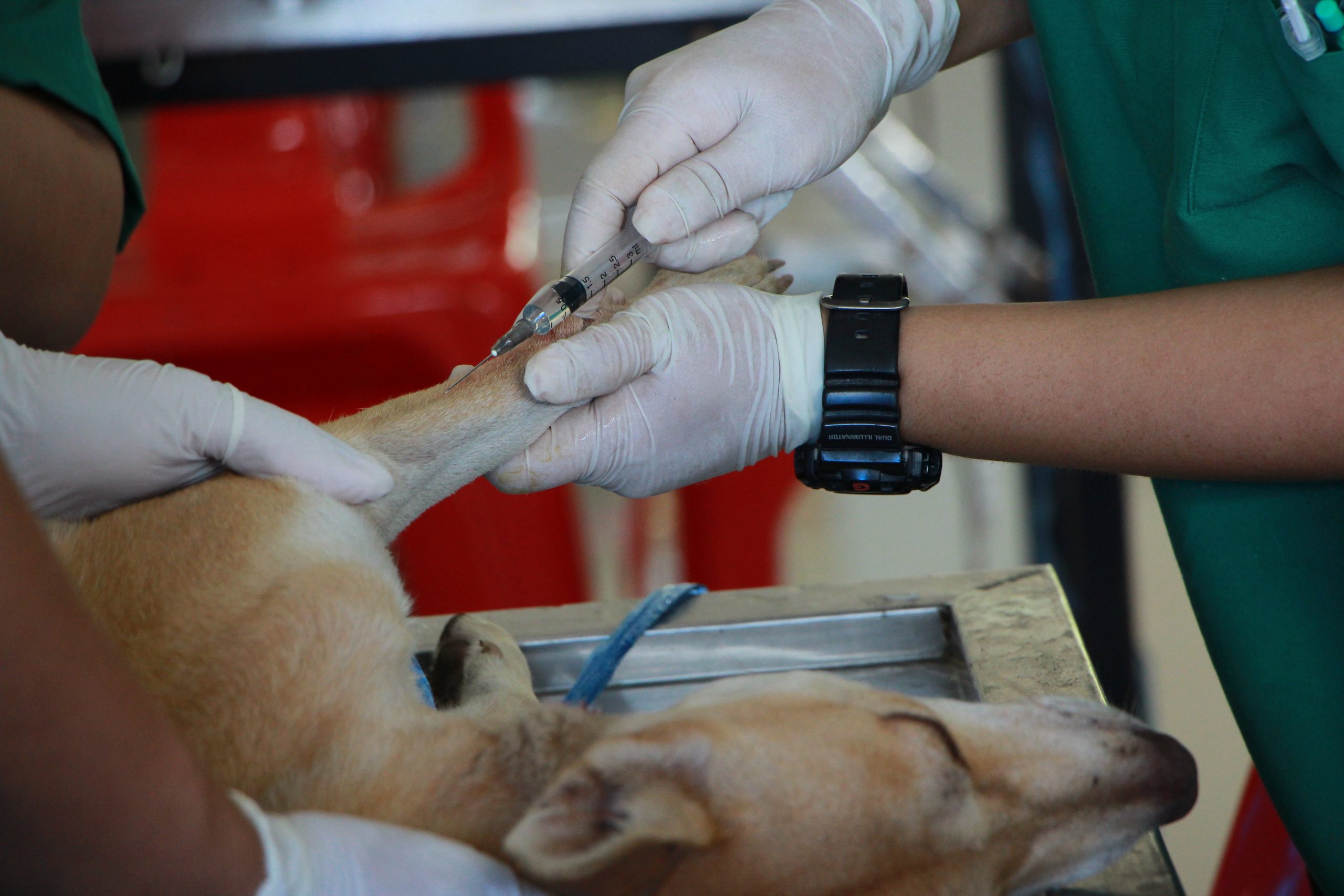News, ideas & inspiration from industry leaders

Pharmaceutical Challenges in Sheltering During COVID-19
Medical and non-medical staff are cordially invited to attend our upcoming March 10 webinar, “Pharmaceutical Challenges in the Shelter.” We checked in with Lauren Forsythe, PHARMD, DICVP, FSVHP, for a sneak peek of what she’ll be discussing next Wednesday.
The Association: Why should medical staff attend this webinar?
Dr. Lauren Forsythe: It’s important to understand the legal considerations when utilizing medications, including compounds and controlled substances. This session will explain the different requirements you need to be aware of when treating patients and making decisions on drug therapy.
The Association: Why should non-medical staff attend this webinar?
Dr. Lauren Forsythe: It’s important to make sure everything is being done legally, especially with regards to controlled substances. While medical personnel are making the treatment decisions and administering treatment, everyone should be aware of regulations and what is necessary to comply, such as recordkeeping requirements.
The Association: How has the pandemic impacted pharmaceutical concerns in the shelter?
Dr. Lauren Forsythe: The pandemic has often made drug acquisition more challenging, as human hospitals are requiring more drugs, and manufacturing plants have had delays due to COVID restrictions.
The Association: Does telemedicine present additional challenges?
Dr. Lauren Forsythe: Telemedicine can make it a bit more challenging to document a true VCPR (veterinarian-client patient relationship), as the definition of a VCPR in some states requires an in-person visit. (Bonus: Watch a webinar about VCPR to learn more.)
The Association: How should shelters support animals who require medications?
Dr. Lauren Forsythe: Shelters should make sure to use medications from high-quality sources that have been prepared and stored appropriately. This includes obtaining/preparing compounded products with data-backed beyond-use dates, as well as maintaining a process to pull all expired medications from use.
Also, shelters can assist with improved medication administration compliance by providing fosters and adopters with appropriate administration aids. This could include oral dosing syringes marked with the correct dose, oral liquid bottles with stoppers, and training on how to most effectively administer a medication to a less-than-willing animal.
This session is part of the Shelter Medicine Series, a collaboration between the Association of Shelter Veterinarians and The Association for Animal Welfare Advancement. It’s approved for 1 hour of RACE credit, and 1 CAWA CE credit. (See the webinar page for information on how to ensure you’ve earned RACE credit.)


